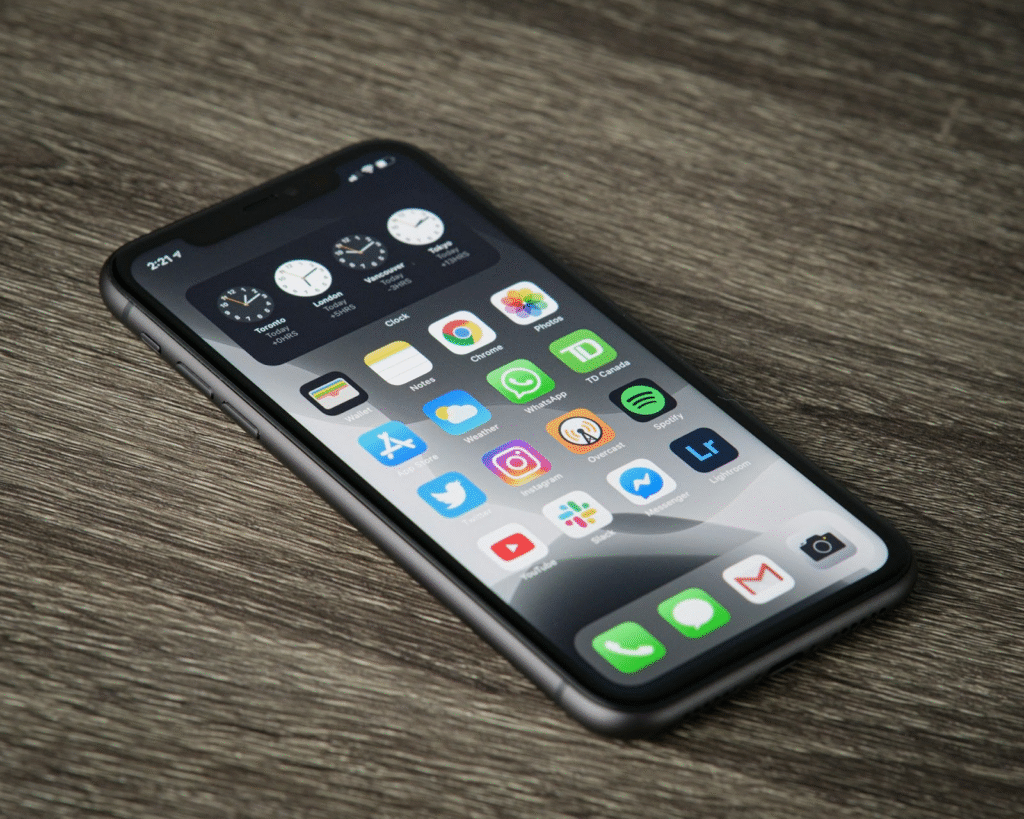
Apple has officially launched ‘Apple Intelligence’, a generative AI system deeply integrated into iPhones, iPads, and Macs. Partnering with OpenAI, Apple now embeds ChatGPT-like capabilities directly into its ecosystem, offering features like text summarization, drafting, multimodal generation, and image creation. This launch signifies Apple’s first major step into the AI race, combining user-friendly design with a unique emphasis on privacy.
Features of Apple Intelligence
The system can summarize notifications, draft messages, edit documents, and generate visuals. Apple emphasizes privacy, stating most processing happens on-device via A17 Pro and M-series chips. More complex tasks are routed through ‘Private Cloud Compute’, ensuring sensitive data isn’t stored or sold. This contrasts sharply with competitors who often rely fully on cloud-based processing.
Business Impact
For enterprises, Apple Intelligence changes user expectations. Employees will anticipate AI-native tools within their everyday devices. Businesses must adapt by designing customer experiences that meet this new AI-powered standard. Competitively, app developers must integrate AI functionality to stay relevant on Apple platforms.

Why This Matters for AI Development
This move validates multimodal AI as a mainstream necessity. By building AI into consumer hardware, Apple is accelerating adoption at scale. Developers now have a vast market for AI-enhanced apps, from productivity to entertainment. The focus on privacy may also set new global benchmarks for ‘ethical AI’.
Global Implications
Apple’s distribution power means that AI adoption won’t be limited to early adopters or tech enthusiasts. Hundreds of millions of devices will instantly be AI-enabled, reshaping how consumers and businesses interact globally. The emphasis on local processing could also inspire regulations and standards worldwide.
AI in Africa
Apple Intelligence could benefit Africa through education, small businesses, and productivity. However, access will be limited by device affordability. Governments and entrepreneurs can bridge this gap by leveraging refurbished Apple devices or creating training resources tailored to Apple AI functions.

Why You Should Care
If you’re a business leader, prepare for customers and employees to expect AI at their fingertips. If you’re an app developer: AI integration on Apple devices is no longer optional. If you’re in Africa, explore how to leverage AI-enabled Apple products for learning and commerce.
Conclusion
Apple’s entry into AI is a watershed moment. By combining design, privacy, and compute, Apple has set a new standard for integrating generative AI into daily life. Businesses, developers, and policymakers should prepare for rapid, widespread AI adoption.
Follow Find AI For That for deep dives on how consumer AI like Apple Intelligence, will reshape global markets. Explore AI tools at findaiforthat.com.


